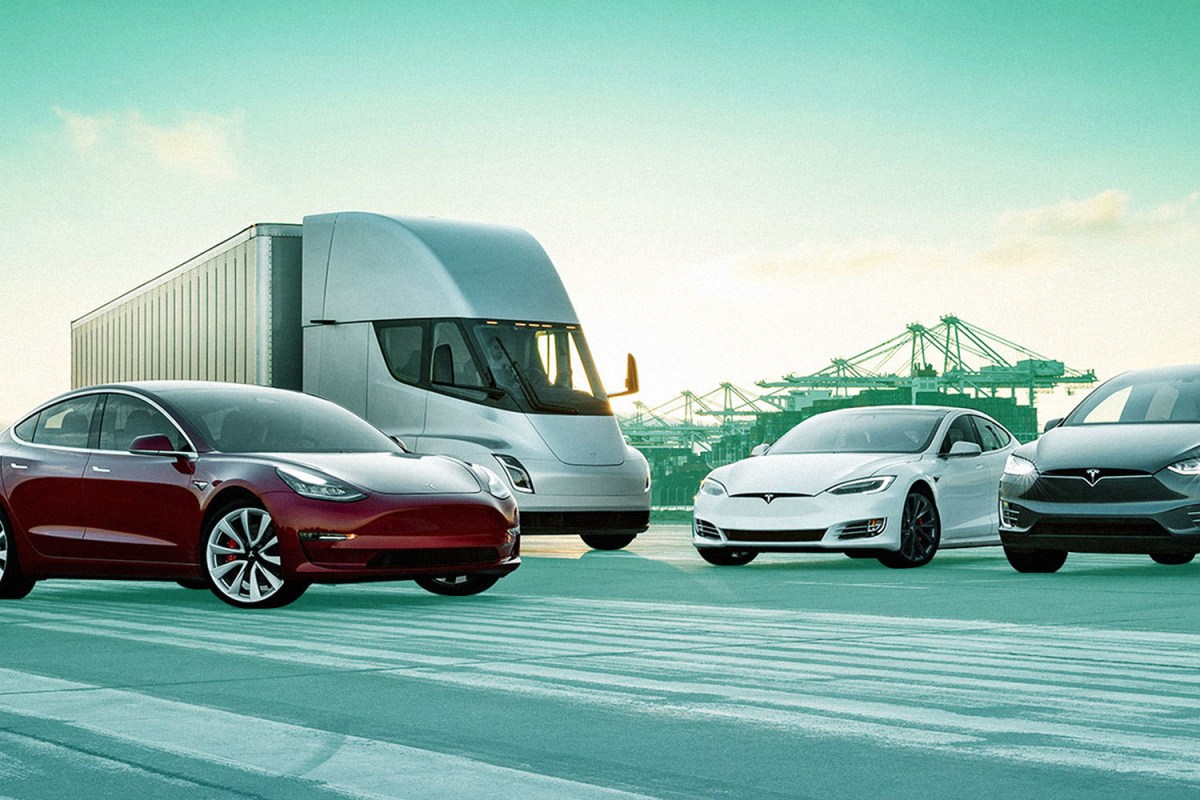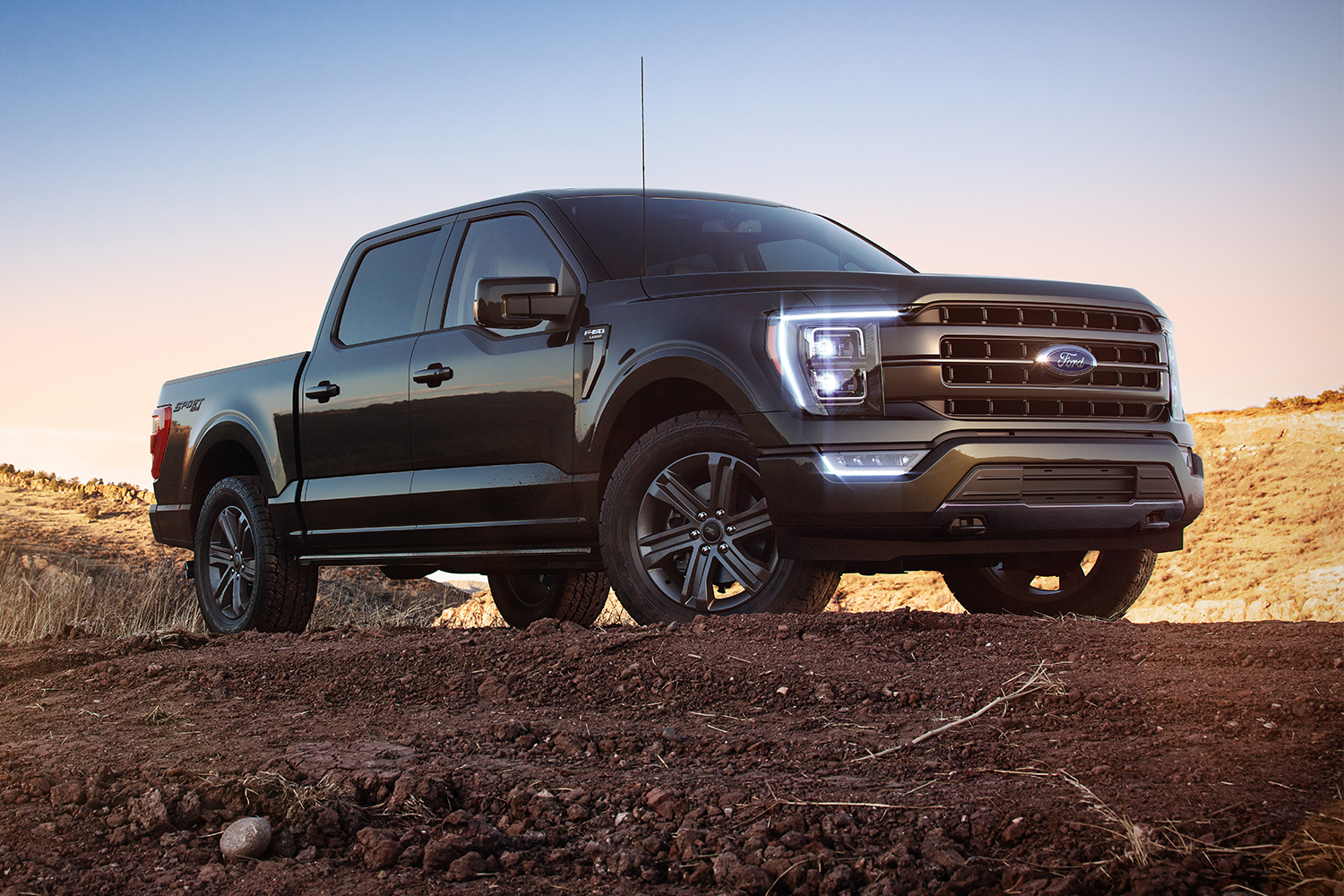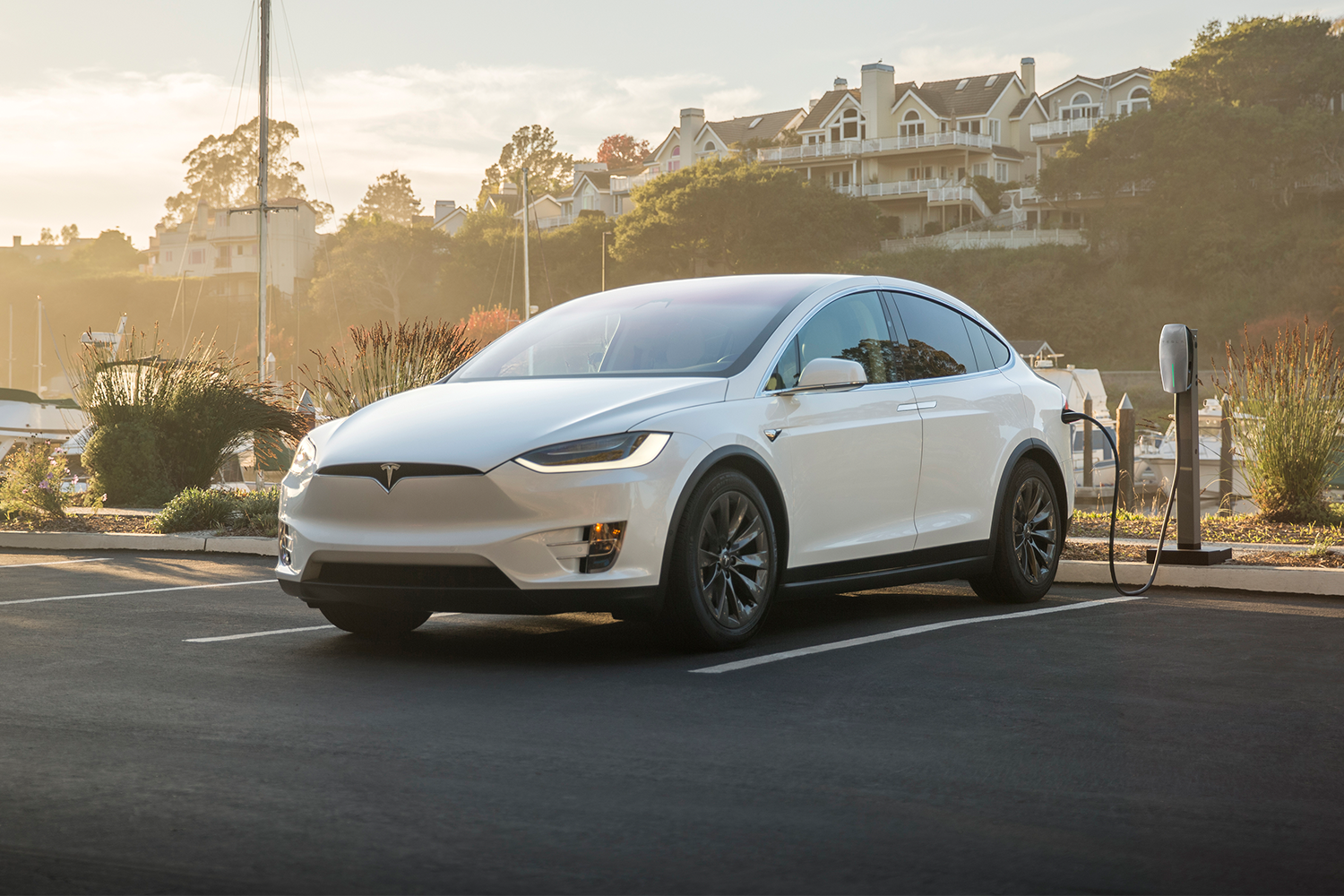Ten years ago, Tesla hit the stock market.
On June 29, 2010, Elon Musk’s electric-car company launched its initial public offering on the Nasdaq under the ticker symbol TSLA at just $17 per share. By the end of the day, it closed at $23.89. It was a huge initial vote of confidence for the EV startup, but it took three years for Tesla to break $100 a share, and it wasn’t until 2017 that things really got going and the company became the most valuable U.S. automaker, beating out the likes of General Motors and Ford.
Then, this month, Tesla did the unthinkable and became the most valuable car maker in the entire world. Currently, the electric vehicle venture is priced at over $1,000 a share, ratcheting its market value above global juggernauts like the Volkswagen Group (which includes brands like VW, Audi, Porsche and Lamborghini) and Toyota Motor Corp. (which includes Toyota, Lexus, Scion, Daihatsu and Hino), and once again putting those betting against it to shame.
For comparison, Tesla delivered about 367,500 vehicles in 2019, while Volkswagen Group delivered 10.8 million and Toyota shipped out 10.74 million. And that’s just one of innumerable statistics that show how tiny Elon Musk’s EV baby is to these storied, monolithic brands. So how can Tesla possibly be more valuable?
“It’s a totally different market in and of itself. If you look at GM or Ford, how many GMs or Fords can drive themselves?” Brad Gastwirth, chief technology strategist at Wedbush Securities, tells InsideHook. “Tesla is a technology company that is going to be enabling autonomous vehicles and they are going to be in the forefront of that area, so it’s quite different than the traditional automobile manufacturers.”
That’s an answer you’ll hear often in the world of finance: Tesla isn’t a car company, it’s a technology company, and its market value is being treated accordingly. But as Gastwirth notes, it’s even more complicated than that.
“I’ve always looked at companies and stock as: valuation alone is never a reason to buy or sell any stock. You have to really have other reasons fundamentally,” says Gastwirth. “You have to look at: Is their trajectory still in the beginning? Is there still significant room to execute what you want and disrupt? And are there other tangential markets that they can go into? All of those answers are yes. So to me [Tesla is] ridiculously valued, but until they have a change and a disruption in fundamentals, it’s not going to reverse in my opinion.”
That doesn’t mean you should dump all your savings into Tesla stock, even though a quick glance look at TSLA’s 10-year Nasdaq timeline is an exercise in financial FOMO. Gastwirth wants potential buyers to keep a few things in mind when these record valuations roll in. First, when stock is evaluated, it’s being considered “many years away,” not its value today. Second, there’s always the potential for things to pull back. And third, there will always be new IPOs people label as the “new Tesla”; this month, electric and hydrogen truck maker Nikola went public and skyrocketed, but as Gastwirth says, “I think that got way ahead of itself, quite honestly.”
There are a few concrete benchmarks interested parties can keep an eye on in the coming months that may signal long-term viability, before even the Cybertruck and the pickup’s potential Austin, Texas, factory come into play.
“China is a really important region for the company so you need to see that region continue to perform well,” says Gastwirth. “Now, almost all global companies have gotten some type of free pass from the pandemic. That being said, you need to see the Gigafactory perform well, China deliveries perform well, and domestically, not only Model 3 but you need to see [Model Y perform].”
In other words, at least for the moment, Tesla still crashes and climbs based on the rules of every traditional car maker. As Gastwirth explains, “They need to perform. Everything’s based on performance and fundamentals.”
If you’d like to dig into those performance details, while many car companies make some investor communications available to the public, Tesla lays it all out for even the greenest buyers.
This article was featured in the InsideHook newsletter. Sign up now.

















